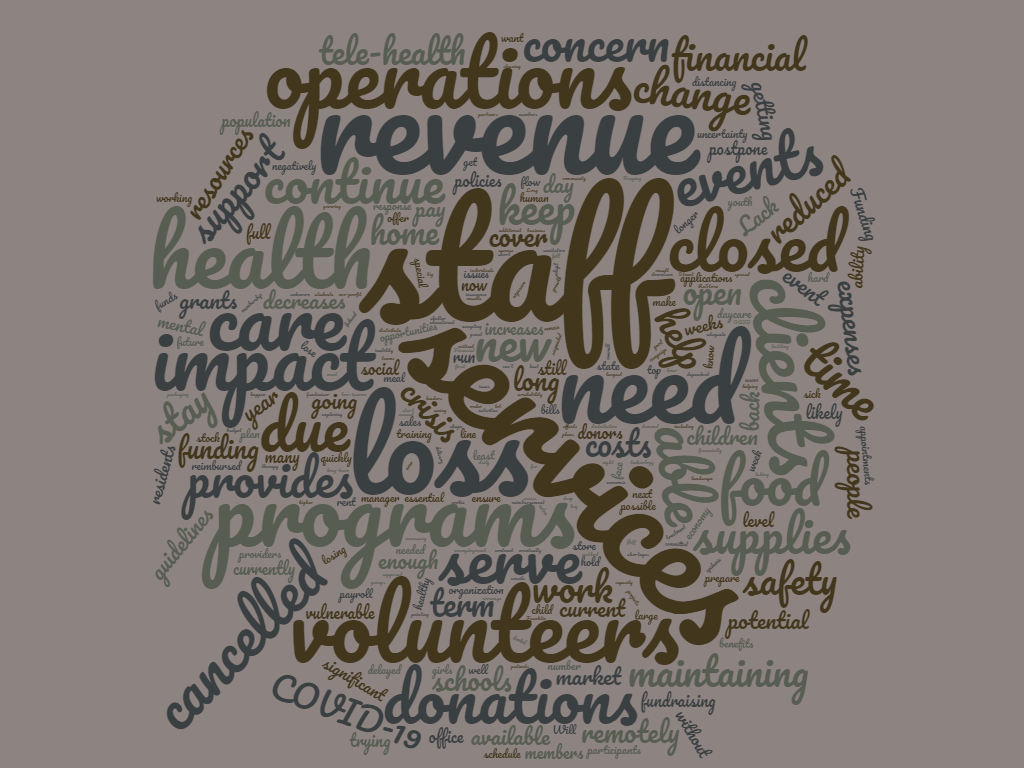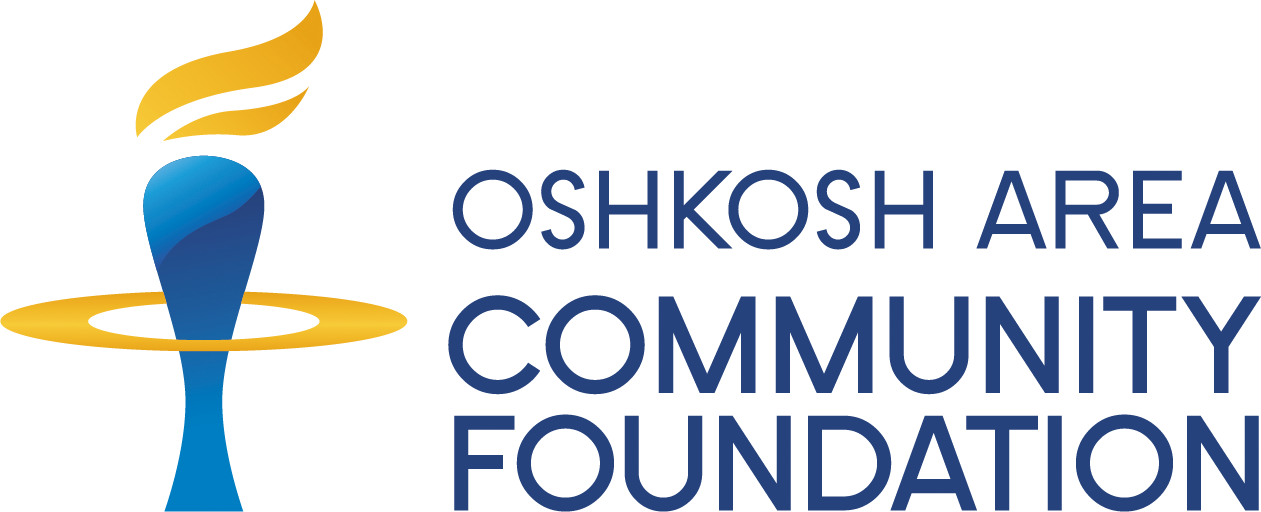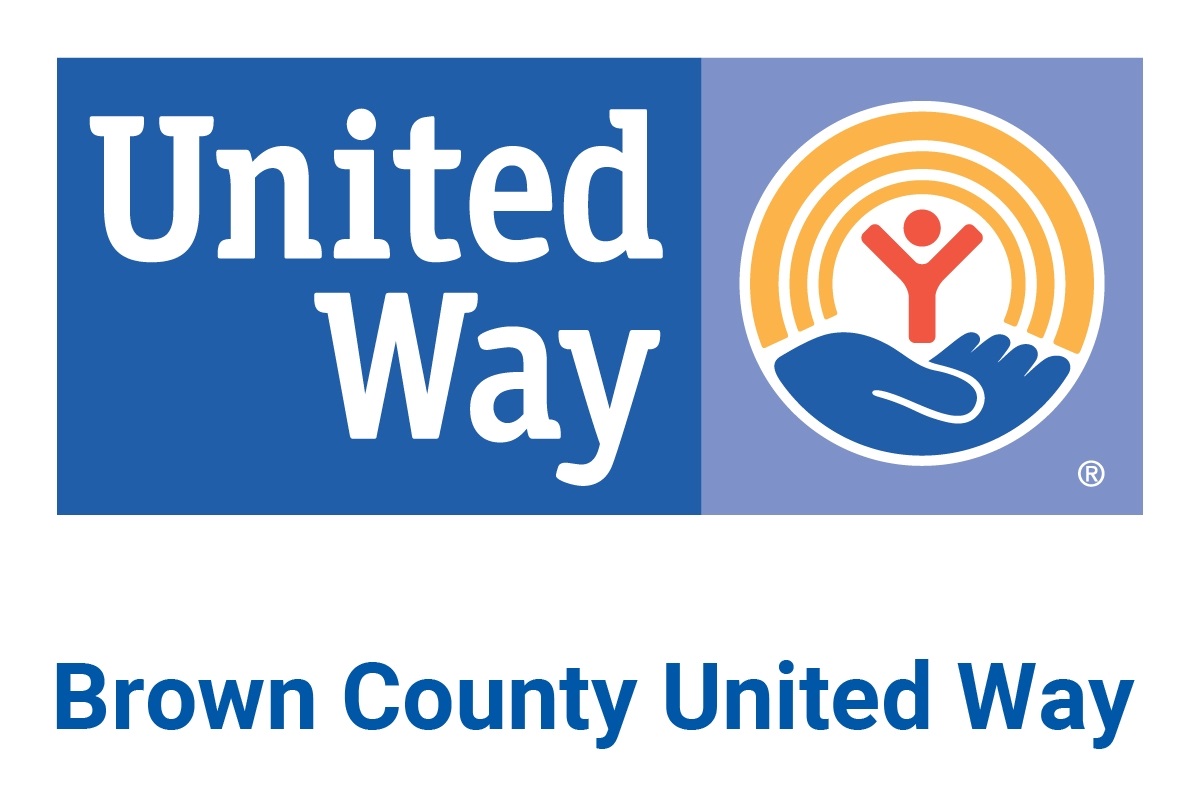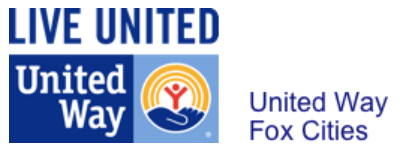Self-Funded for Unemployment? A New Wrinkle …

Last week InterSector shared good news for self-funded, or reimbursing, nonprofit employers.
What is a reimbursing employer? It’s a nonprofit that opts out of quarterly payments into the unemployment trust fund in favor of reimbursing the fund dollar for dollar when former employees claim unemployment benefits.
This week, the news is troubling.
Late Monday night, the U.S. Department of Labor (DOL) issued “how-to” guidance on a March 27 CARES Act provision meant to ease the financial burden for reimbursing employers. Under the provision, the federal government will reimburse self-funded nonprofits 50% of the amount of COVID-19-related unemployment benefits claims.
DOL’s guidance indicates that states must first collect benefits claims reimbursements from reimbursing employers. Then the nonprofit employer must request reimbursement from the federal government. This represents a passing of money from nonprofits to the unemployment trust fund and back again. It’s likely nonprofits that have made the difficult decision to furlough or lay off employees have insufficient operating reserves to cover this “temporary” expense.
DOL’s guidance also raises questions about additional unemployment relief that the State of Wisconsin signed into law last week. This state bill relieves reimbursing employees of charges for COVID-19-related unemployment benefits claims not covered by the federal government through the CARES Act provision.
It seems that, without advocacy and additional legislative action, reimbursing nonprofits will be on the hook, minimally and temporarily, for 50% of unemployment benefits claims. (Example 2 in this attachment to DOL guidance explains this.)
InterSector will keep you posted as this guidance becomes better understood, and as regional or national plans for advocacy take shape.










